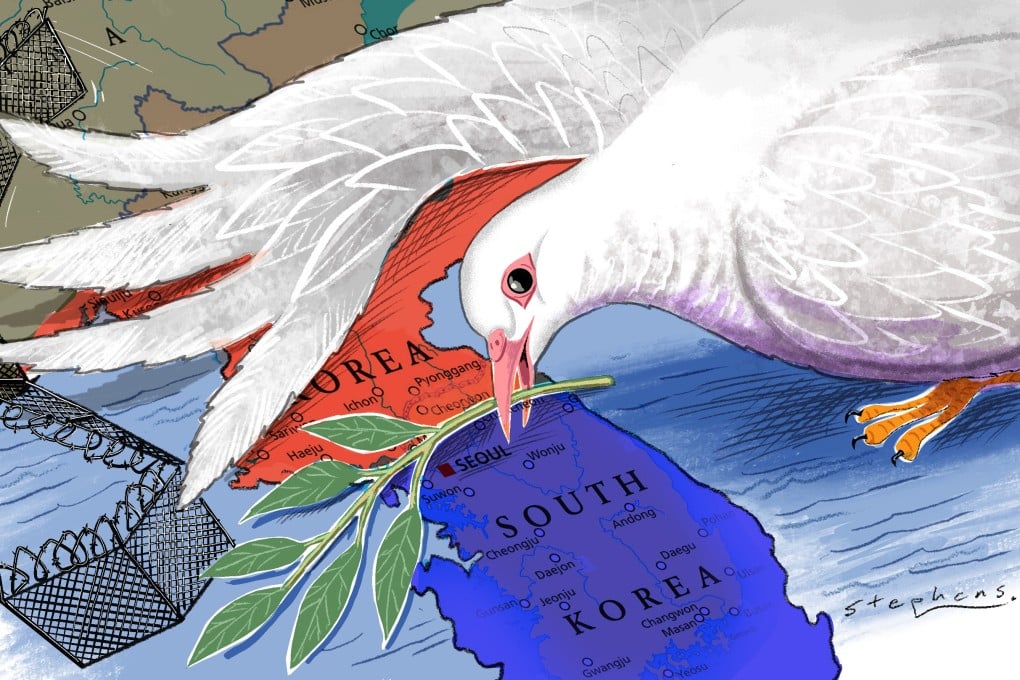Opinion | Korean war must formally end to break the dangerous nuclear impasse
- The current status quo encourages military build-ups and aggressive posturing while impeding sensible solutions to North Korea’s isolation and economic impoverishment
- A peace treaty must be negotiated, and the US must drop its unrealistic requirement for complete and verifiable denuclearisation of North Korea

While the US waits for North Korea to give up its nuclear weapons, the unresolved status of the Korean war fuels tensions between North and South Korea and contributes to the instability of the entire region.
As such, it is imperative for the parties concerned to declare an end to the Korean war and take steps towards signing a legally binding peace treaty. Such a treaty would become a positive condition for improvements on various levels, including security, humanitarian and economic fronts.
In Pyongyang’s eyes, without a peace treaty, the US could attack North Korea at any time. This motivates it to develop and maintain a nuclear weapons programme to safeguard the security of its regime.
North Korea’s nuclear weapons don’t just pose a threat to South Korea or Japan; since they can now reach the US mainland, the threat has become a global problem.

